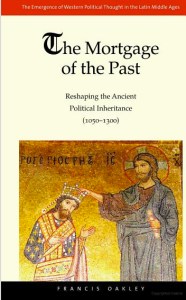Zachary Baron Shemtob (Central Connecticut State University) has posted The Catholic and Jewish Court: Explaining the Absence of Protestants on the Nation’s Highest Judicial Body. The abstract follows.
Following the 2006 retirement of Sandra Day O’Connor and the confirmation of Samuel Alito to succeed her, Roman Catholics formed a majority on the United States Supreme Court for the first time in this institution’s 210-year history. This Catholic majority was further strengthened by the appointment of Sonia Sotomayor in 2009. By the time of Elena Kagan’s first case in October of 2010, not a single Protestant sat on the nation’s highest judicial body.
By way of comparison, in 1960 the Court consisted of seven Protestants, one Catholic and one Jew; in 1985, eight Protestants and one Catholic sat on the Court. This phenomenon is further reflected in judicial appointments. Since 1985, only one Protestant has been appointed, Justice David Souter, compared to seven Catholics and three Jews. The prima facie reason for this transformation is simple: President Reagan began the Protestant erosion by appointing two Catholics; George H.W. Bush followed by appointing a Catholic; and Bill Clinton, George W. Bush, and Barack Obama chose only Jewish and Catholic nominees. The deeper reasons, which are considerably more complex, are the focus of this article.

